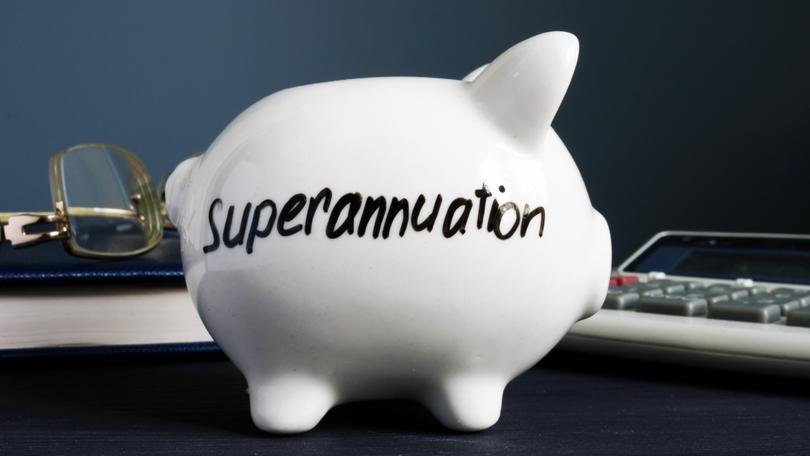Nick Bruining Q+A: $500 cash incentive for low-income earners to top up their super
The superannuation co-contribution is an incentive for low-income earners that encourages them to contribute to their super. Here’s everything you need to know.

Question
I am currently on leave, using up my remaining long service leave which will take me to the end of December.
I plan to retire at the end of this period and then convert the entire amount in my accumulation-phase superannuation to pension phase.
Sign up to The Nightly's newsletters.
Get the first look at the digital newspaper, curated daily stories and breaking headlines delivered to your inbox.
By continuing you agree to our Terms and Privacy Policy.I anticipate that I will also be eligible for the super co-contribution concession.
If I have closed that accumulation phase account because I have converted it in full to pension phase, can that Australian Tax Office payment be credited directly to the pension-phase account?
Answer
The co-contribution is an incentive for low-income earners that encourages them to contribute to their super. If your adjusted taxable income is below $43,445, a $1000 non-concessional contribution to super attracts a co-contribution payment of $500.
Non-concessional contributions are those where no tax deduction is claimed. That means compulsory employer contributions and voluntary salary-sacrificed contributions won’t attract the co-contribution payment.
The co-contribution shades out at the rate of 33¢ per dollar, meaning that no payment is made if your adjusted taxable income exceeds $58,445. Adjusted taxable income takes your calculated taxable income and adds back any deductions for investment losses (such as negative gearing), voluntary concessional super contributions (such as salary-sacrificed contribution) and reportable fringe benefits.
Typically, the co-contribution payment from the ATO hits your super account sometime between November and January after the financial year the contribution is made. The payment won’t be processed if your tax return has not been lodged with the ATO.
If you use a tax agent, make sure their lodgment program will have your return lodged as soon as possible. In some cases, registered tax agents don’t need to lodge a client’s tax returns until March or April the following financial year.
The co-contribution is normally paid to your superannuation accumulation account. Given that you plan to retire at the end of December, there is a chance that the co-contribution money will be received by your existing fund before you deal with your superannuation fund. However, if the account had been closed and rolled over to a new accumulation fund, it can be re-directed to your new fund.
If no accumulation accounts exist because of retirement, as will be the case for you, the ATO will pay the amount directly to you. You cannot add the amount to the account-based pension balance once it has commenced.
You will need to apply to have the payment made to your bank account directly once you have closed your accumulation account. The easiest way to do this is to lodge an application online via the myGov portal, which you should have linked to the ATO.
Nick Bruining is an independent financial adviser and a member of the Certified Independent Financial Advisers Association

